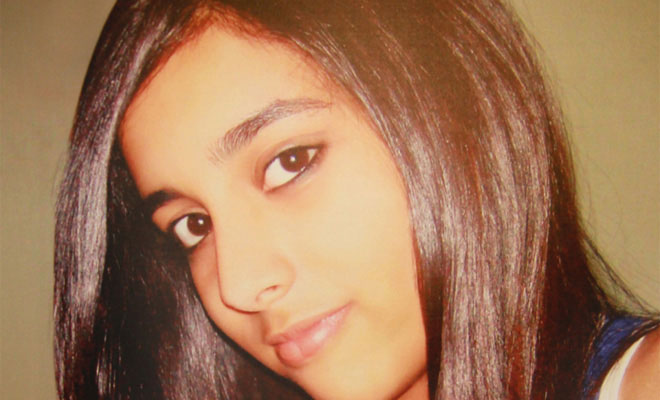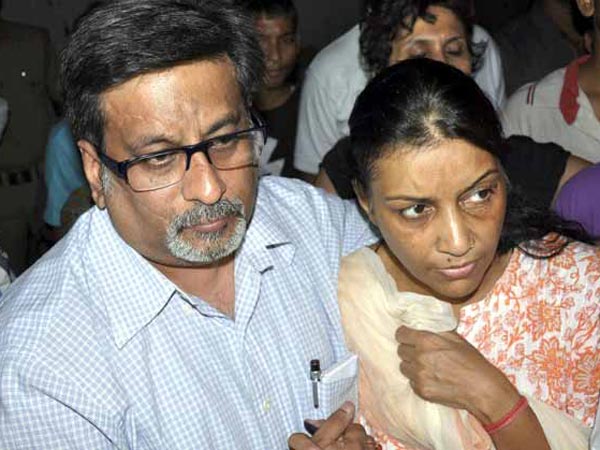NEW DELHI: 17 Years On, Talwar Case Echoes in Radhika Yadav Tragedy
NEW DELHI: A shocking murder case in Ghaziabad involving 11-year-old Radhika Yadav has reignited public debate around parental culpability in child deaths—17 years after the high-profile Aarushi Talwar case gripped the nation. The police investigation, still ongoing, has triggered widespread speculation, with eerie similarities to the 2008 Noida double murder that remains one of India’s most debated criminal mysteries.

Radhika was found dead in her family home in the Indirapuram area on July 10, 2025. Initial reports suggest no sign of forced entry, and forensic teams have ruled out robbery as a motive. Police sources have questioned multiple family members but have yet to name any formal suspect.
“The case is under active investigation, and all angles are being explored,” said a senior Ghaziabad Police officer, as quoted by ANI. “We are examining CCTV footage, phone records, and forensic evidence to piece together the timeline of events.”
The case’s circumstances have drawn stark comparisons to the 2008 Aarushi-Hemraj double murder, where 14-year-old Aarushi Talwar and the family’s domestic help Hemraj were found dead within hours of each other.
The incident led to the arrest and conviction of her parents, Rajesh and Nupur Talwar, which was later overturned by the Allahabad High Court in 2017 due to lack of evidence.
Like in the Talwar case, the Yadav family’s immediate silence and apparent inconsistencies in their initial statements have fueled public suspicion. However, police officials have cautioned against jumping to conclusions.
“This is not the time for speculation. The priority is to establish the facts,” stated an official from the Uttar Pradesh Crime Branch, speaking to PTI.
The case has taken over national headlines and social media conversations, with the hashtag #RadhikaYadavCase trending on Twitter. Many netizens are questioning whether India has learned any lessons in forensic sensitivity and media responsibility post the Talwar trial, which was often criticized for its prejudicial coverage.
Legal experts note that the burden of proof in such cases is extraordinarily high. “Prosecuting a parent in a child’s death is legally complex. It requires irrefutable evidence, which in the Aarushi case, the prosecution failed to provide conclusively,” said criminal lawyer Shikha Sinha.
The coming days will be crucial as investigators await toxicology reports and continue to interrogate domestic staff and neighbors. As of now, no arrests have been made, and officials insist that “all possibilities remain open.”
Do you think this signals a repeat of the Aarushi Talwar case? Yes/No



